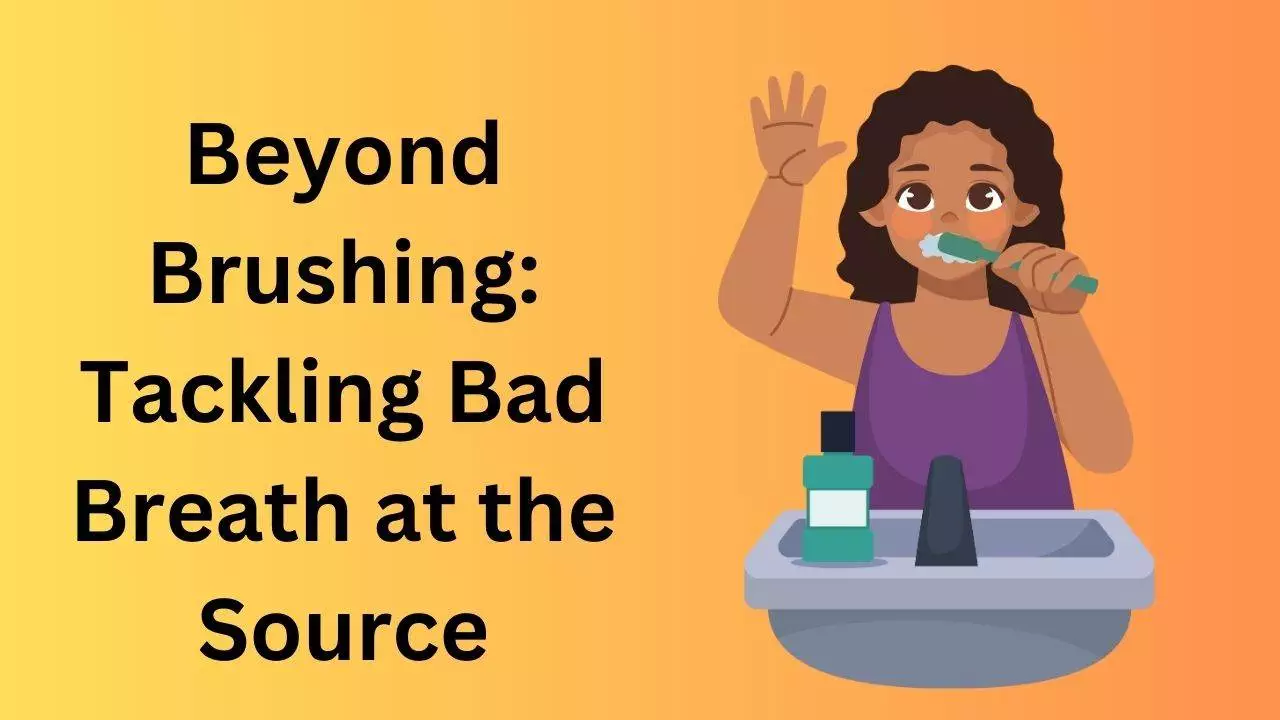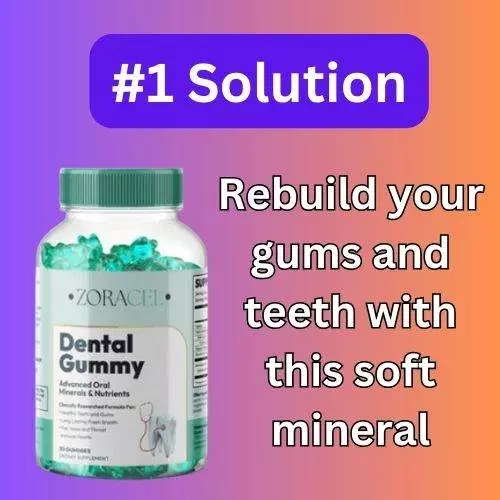
- Understanding the Causes of Bad Breath
- Oral Hygiene: More Than Just Brushing
- The Benefits of Flossing and Mouthwash
- The Role of Diet in Bad Breath
- How to Choose the Right Foods for Fresh Breath
- The Importance of Staying Hydrated
- The Dangers of Smoking and Other Habits
- Treating Underlying Health Conditions
- Natural Remedies for Bad Breath
- Achieving Long-Term Fresh Breath
Bad breath, also known as halitosis, is a common problem that affects millions of people worldwide. It can have a significant impact on social interactions and self-esteem. Whether it’s a result of poor oral hygiene, diet, or an underlying health condition, bad breath can be embarrassing and unpleasant for both the person experiencing it and those around them.
Understanding the Causes of Bad Breath
To understand how to combat bad breath, it’s important to understand its causes. The primary cause of bad breath is the presence of bacteria in the mouth. These bacteria break down food particles and release sulfur compounds, which are responsible for the foul odor associated with bad breath.
Common causes of bad breath include poor oral hygiene, such as infrequent brushing and flossing. When food particles are left in the mouth, bacteria can thrive and produce more sulfur compounds. Additionally, certain foods like garlic and onions contain volatile compounds that can be carried into the lungs and exhaled through the breath.
Underlying health conditions can also contribute to bad breath. Conditions such as gum disease, dry mouth (xerostomia), sinus infections, and respiratory tract infections can all cause an unpleasant odor in the mouth.
Oral Hygiene: More Than Just Brushing
Maintaining good oral hygiene is crucial for preventing bad breath. Regular brushing and flossing help remove food particles and plaque from the teeth and gums, reducing the amount of bacteria in the mouth.
In addition to brushing and flossing, other oral hygiene practices can help combat bad breath. Tongue scraping is a technique that involves gently scraping the surface of the tongue with a tongue scraper or toothbrush to remove bacteria and debris. This can significantly reduce the amount of odor-causing bacteria in the mouth.
Oil pulling is another practice that has gained popularity in recent years. It involves swishing oil, such as coconut oil, in the mouth for several minutes before spitting it out. Oil pulling is believed to help remove bacteria and toxins from the mouth, improving oral health and reducing bad breath.
The Benefits of Flossing and Mouthwash
While brushing is essential for maintaining good oral hygiene, flossing and using mouthwash can provide additional benefits in the fight against bad breath.
Flossing helps remove plaque and food particles from between the teeth and along the gumline, areas that a toothbrush may not be able to reach effectively. By removing these particles, flossing helps reduce the amount of bacteria in the mouth, leading to fresher breath.
Using mouthwash can also help freshen breath by killing bacteria and neutralizing odor-causing compounds. It’s important to choose a mouthwash that contains antibacterial ingredients, such as chlorhexidine or cetylpyridinium chloride. Alcohol-based mouthwashes should be avoided, as they can dry out the mouth and potentially worsen bad breath.
The Role of Diet in Bad Breath
The foods we eat can have a significant impact on our breath. Certain foods, such as garlic, onions, and spices, contain volatile compounds that are carried into the bloodstream and exhaled through the breath. These compounds can linger in the mouth and cause bad breath for hours after consumption.
Digestion also plays a role in breath odor. When food is digested, it is broken down into molecules that are absorbed into the bloodstream. These molecules can then be carried to the lungs and exhaled through the breath. Foods that are difficult to digest, such as high-protein or high-fat foods, can contribute to bad breath.
How to Choose the Right Foods for Fresh Breath
While some foods can contribute to bad breath, others can actually help freshen breath. Foods that are high in water content, such as fruits and vegetables, can help hydrate the mouth and wash away bacteria and food particles. Crunchy foods like apples and carrots can also help stimulate saliva production, which can help neutralize odor-causing compounds.
Chewing gum and mints can provide temporary relief from bad breath by stimulating saliva flow and masking odor. However, it’s important to choose sugar-free options to avoid promoting tooth decay.
The Importance of Staying Hydrated
Dehydration can contribute to bad breath by reducing saliva production. Saliva helps wash away bacteria and food particles, so when there is a lack of saliva, these particles can accumulate in the mouth and cause an unpleasant odor.
To stay hydrated throughout the day, it’s important to drink plenty of water. Avoiding excessive consumption of caffeine and alcohol, which can contribute to dehydration, is also beneficial for maintaining fresh breath.
The Dangers of Smoking and Other Habits
Smoking is not only harmful to overall health but can also contribute to bad breath. The chemicals in tobacco smoke can linger in the mouth and lungs, causing a persistent foul odor. Additionally, smoking can lead to dry mouth, which further exacerbates bad breath.
Other habits, such as excessive alcohol consumption and poor diet, can also contribute to bad breath. Alcohol can dry out the mouth and promote the growth of bacteria, while a diet high in sugary or acidic foods can increase the risk of tooth decay and gum disease.
Treating Underlying Health Conditions
In some cases, bad breath may be a symptom of an underlying health condition. Gum disease, for example, is a common cause of bad breath and should be treated by a dentist or periodontist. Sinus infections and respiratory tract infections can also cause bad breath and may require medical treatment.
If you have persistent bad breath despite practicing good oral hygiene and making dietary changes, it’s important to seek medical advice. Underlying health conditions such as diabetes, liver disease, and kidney disease can cause bad breath and should be diagnosed and treated by a healthcare professional.
Natural Remedies for Bad Breath
In addition to traditional oral hygiene practices, there are several natural remedies that may help combat bad breath. Some herbs, such as parsley, mint, and cloves, have natural antibacterial properties and can help freshen breath. Chewing on these herbs or using them in homemade mouthwashes can provide temporary relief from bad breath.
Essential oils, such as peppermint, tea tree, and eucalyptus oil, can also be used to freshen breath. These oils can be diluted in water and used as a mouthwash or added to toothpaste for added freshness.
It’s important to note that while natural remedies can provide temporary relief from bad breath, they may not address the underlying cause. If you have persistent bad breath, it’s important to seek professional dental or medical advice.
Achieving Long-Term Fresh Breath
Maintaining fresh breath requires a multi-faceted approach that includes good oral hygiene practices, a healthy diet, and addressing any underlying health conditions. Regular brushing and flossing, along with tongue scraping and oil pulling, can help reduce the amount of bacteria in the mouth and prevent bad breath.
Choosing the right foods, staying hydrated, and avoiding habits like smoking can also contribute to fresh breath. If you have persistent bad breath despite these efforts, it’s important to seek medical advice to rule out any underlying health conditions.
By following these tips and maintaining a consistent oral hygiene routine, you can achieve long-term fresh breath and improve your overall oral health.









